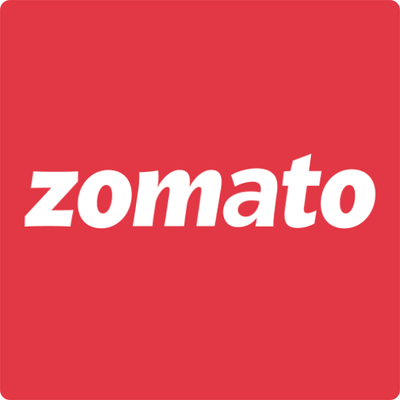A year ago, in 2020, Zomato Ltd’s shares were esteemed at INR 45. In the last six months, its shares were valued at INR 58, and INR 76 in its initial public offering (IPO). Marketing in IPO along the grey market has implied that the appeal pricing was rigid, and there was scarcely any money sustained on the table. However, astonishingly, it was amazing that the shares lifted to INR126, and now at the exchange, it is worth INR136.
JM Financial Institutional Securities Ltd and Jefferies India Pvt. Ltd has commenced coverage or ratings on Zomato with deal marks, with both establishing a target payment of INR 170. UBS Securities Asia Ltd has also assigned a target price of INR 165 per share 12 months before. If talking about the present share values and terms, it implies that the three dealers’ value is somewhat around INR 150, or precisely the twofold of the price at which the company, Zomato, auctioned its shares in the IPO.
A crucial question that enters this discussion, is how the dealers have reached a valuation point of about $17 billion in existing value periods for a company that was recently estimated to be only $5.4 billion, that too within a short span of six months? Indeed, it’s safe to say that Zomato is one of the leading firms in India, and it clenches an enormous capacity and commitment in the present circumstance.

Opinion Of Dealers About Zomato
JM Financial
Analyst personnel at JM Financial reported that “We value Zomato as of March 2030 using an 11 times EV/adjusted sales multiple (Doordash currently trades at ~11 times estimated 2022E EV/Sales) to better factor in its long-term growth potential. We discount this valuation back to Sep’22 to derive our TP of INR 170 per share.” It is evident from the dealer’s statement that he was indicating towards estimated earnings to rise to 46% each year between FY21 and FY26. To put clearly, the hypotheses and beliefs are of elevated development facilitating Zomato to attain the ranking of some multinational counterparts from now till the onset of the upcoming nine years.
The UBS
Thoughts of UBS on Zomato, UBS announces that Zomato’s greater valuation needs to be discerned in the context of increased development. They add that “Zomato’s FY24e EV to sales of 17 times compares with 2-9 times for global food delivery businesses although its growth is higher at 40-50%, versus 20-30% for other platforms.” EV is tight for investment pricing. UBS further strengthens their argument by mentioning that, “In e-commerce, emerging market platforms such as Sea, MELI and Allegro trade at a premium to Chinese and developed market peers due to superior growth rates.”
The Jefferies’
Jefferies’ analyst’s thoughts on Zomato regarding target price. They say that “We value the delivery franchise at 2.5 times FY26E GMV, dine-out/Zomato Pro at 10 times FY26 revenues, and Hyper pure at 1 time FY26E revenue. We discount it back to arrive at a 12-month price target of Rs170.” The MNC dealer has determined a typical annual expansion of 45% for Zomato’s GMV till FY26 which is about twice the price of its global counterparts.
In the Conclusion
It’s captivating that all the three dealers calculates dividend or income expansion in the mid-40s. For dealers like Jefferies and JM they say that their money progression appraisals for the future are unfavorable. It will be fascinating to discern on what Zomato keep forth their foot or limit themselves to its described objective of maintaining successful advancement.


